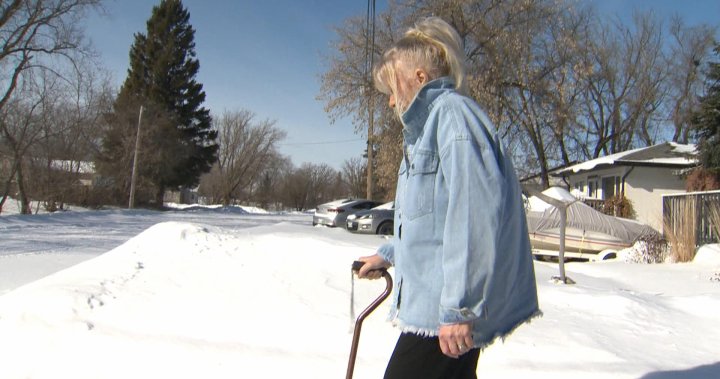A quick decision was made at Halifax Regional Municipality’s budget committee meeting on Wednesday, as councillors approved the Halifax Regional Police (HRP) budget.
“I’m satisfied now that we’ve seen the community safety budget and, while we still have to have the debate about the budget adjustment list, I feel like we’re in a much better place and I feel confident that we can move forward with this without further debate,” Coun. Waye Mason said.
With no discussion beyond Mason’s comments before a vote was called, councillors Patty Cuttell, Shawn Cleary and Lindell Smith voted against the $98-million budget.
The six per cent increase in funding from last year is mainly due to mandatory increases to salaries and benefits, but $1.2 million will be put toward 22 new positions created within the force.
HRP originally asked for an additional two community response officers, which were cut by the board of police commissioners during discussions.
Among the approved roles: 12 front-line patrol officers, four community response constables, two positions with the Police Science Training Program and an officer for the hate crime unit.
Breaking news from Canada and around the world
sent to your email, as it happens.
HRP told Global News they are glad that HRM approved their requests, “so that we can move forward in better serving the people of HRM along with our partners in policing (RCMP Halifax Regional Detachment) and Community Safety.”
However, HRP’s union says these changes don’t go far enough.
“There is a limit to doing more with less and the elastic band has been stretched beyond purpose,” the Halifax Regional Police Association’s Darla Perry said via email.
“Members being overworked, accumulating excessive overtime out of necessity, needs to stop.”
Chris Giacomantonio, a social policy researcher at Dalhousie University, says you would struggle to find a public service that didn’t say it needed more people.
“I suspect that every police officer’s day would be made easier if there were more police officers out there supporting them, taking work off their plate,” he said.
“I think, at the same time, it’s about a balance with what police need versus what all of these other social services need and what might be potentially better response options in the future.”
Two advocates against providing HRP with additional funding voiced their concerns at Wednesday’s meeting.
“What is there left to say when you’re not willing to listen to the people?” Frank Heimpel asked the councillors.
“When people who are so qualified to be doing work with community and supporting folks in mental health crisis are coming and saying, ‘No, we don’t need more cops. What we need is services, what we need is food, what we need is housing, what we need is actual community safety, not more cops.’”
Giacomantonio said he understands the frustration from advocates.
“The final number of the police officers in the final budget was more or less in line with what the police has been, probably, hoping to get all along. So, if that was the intention of the city, they may as well have made that clear at the start,” he said.
Giacomantonio says the reason it’s hard for HRM to determine the right level of funding for police is a lack of research required to support what the most effective deployment approach would be.
However, he said recent funding dedicated to alternative responses by HRM may counterbalance some concerns from the public.
© 2024 Global News, a division of Corus Entertainment Inc.



